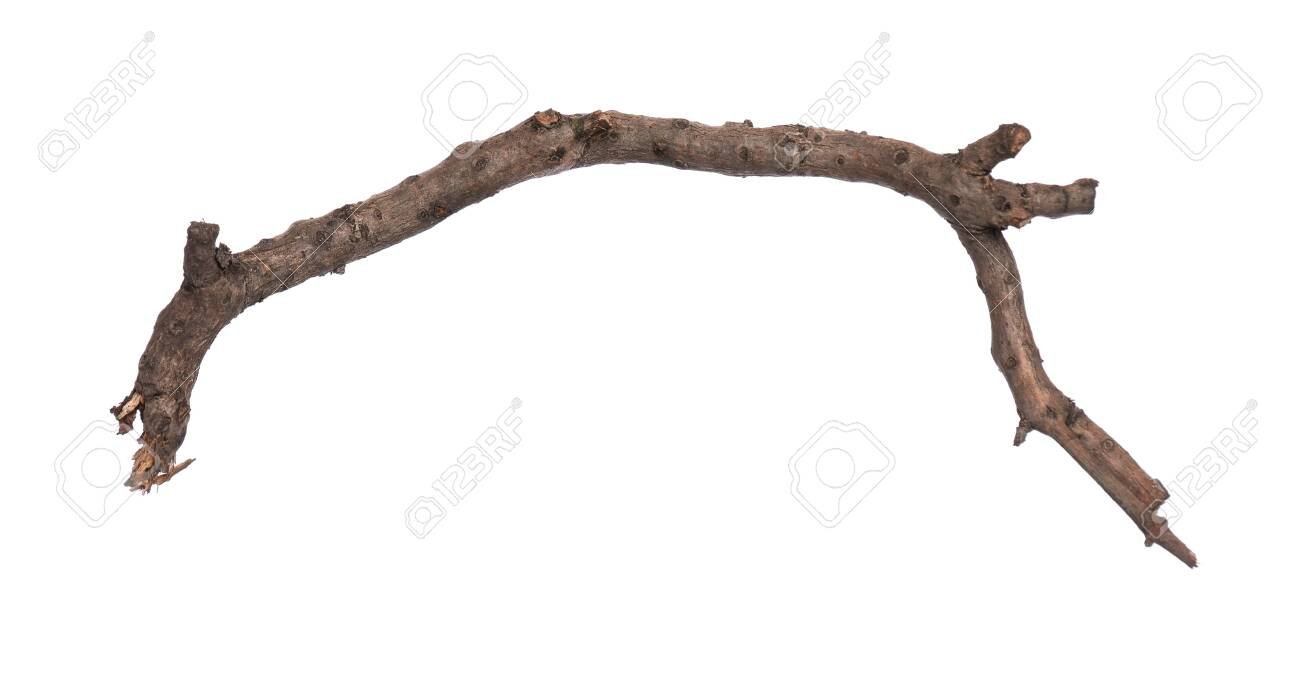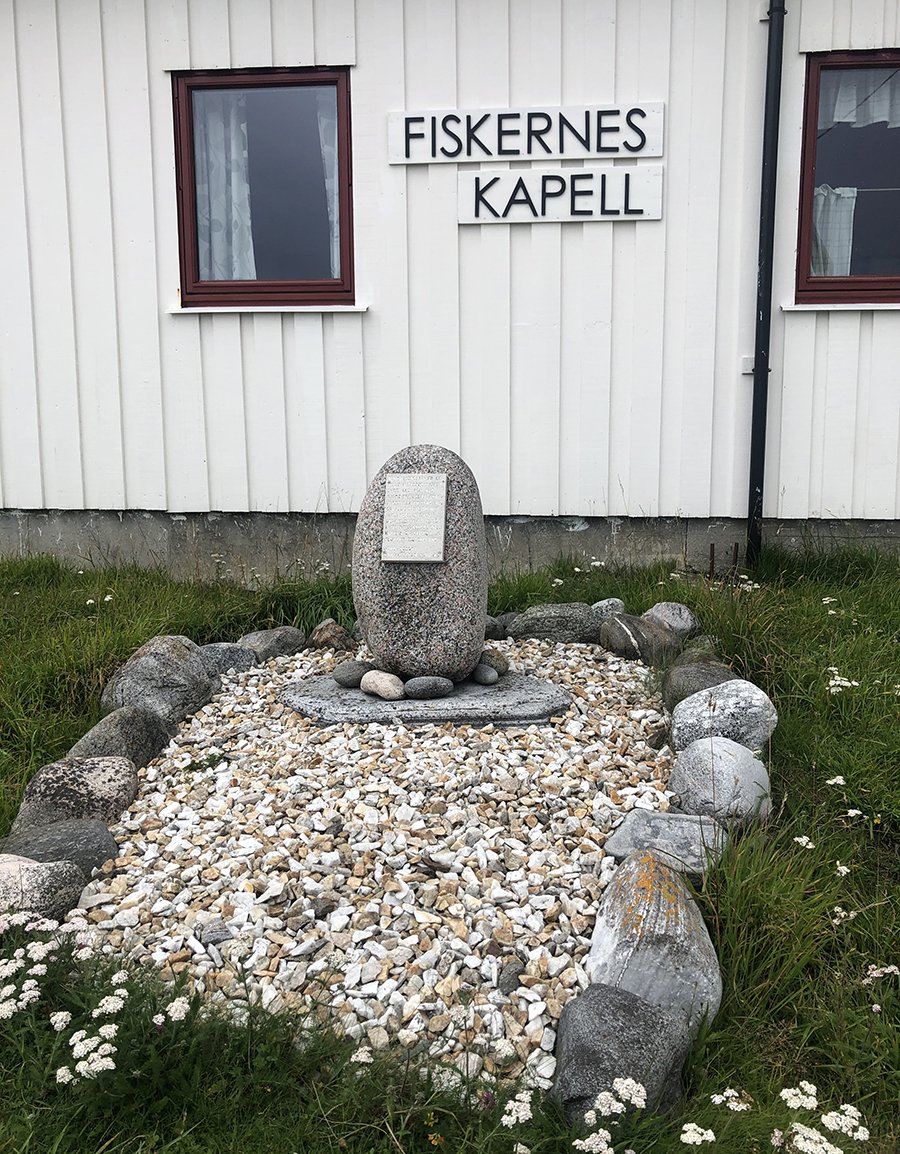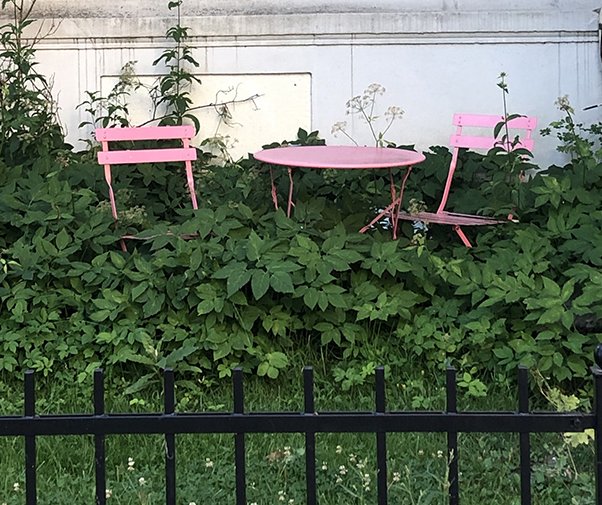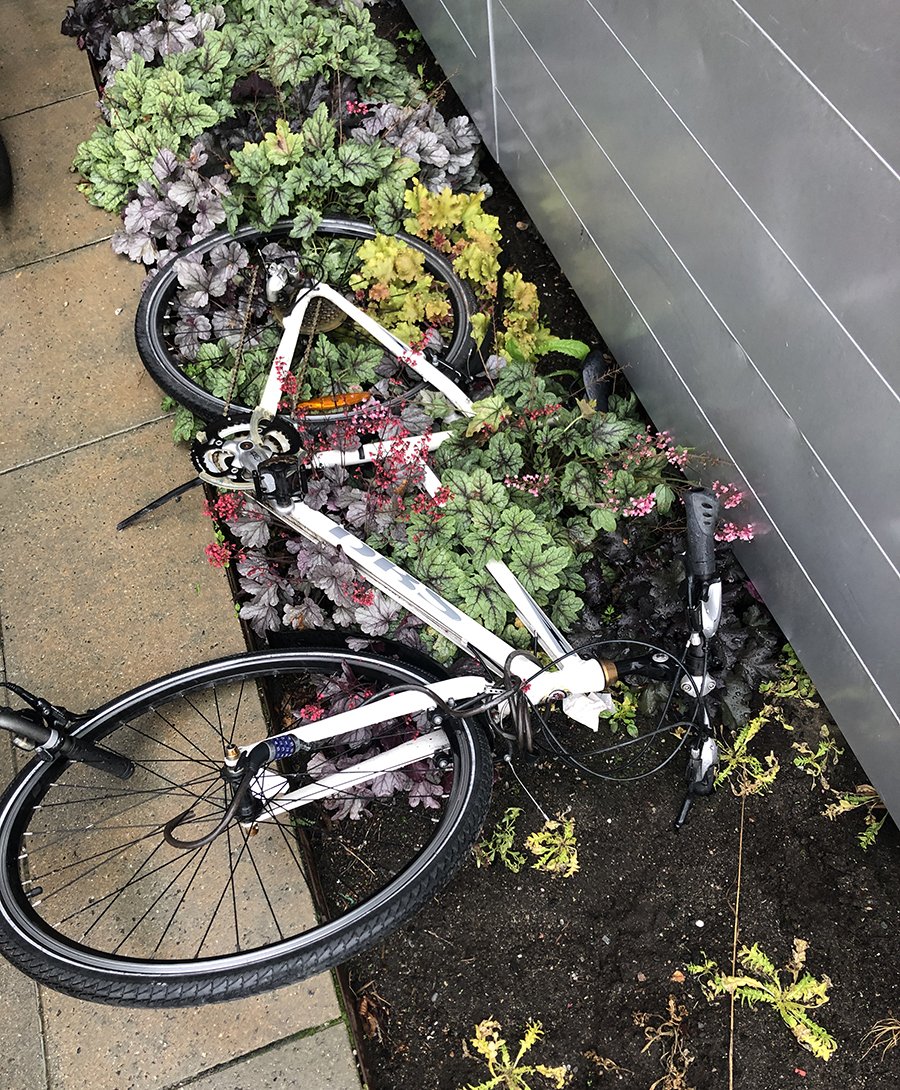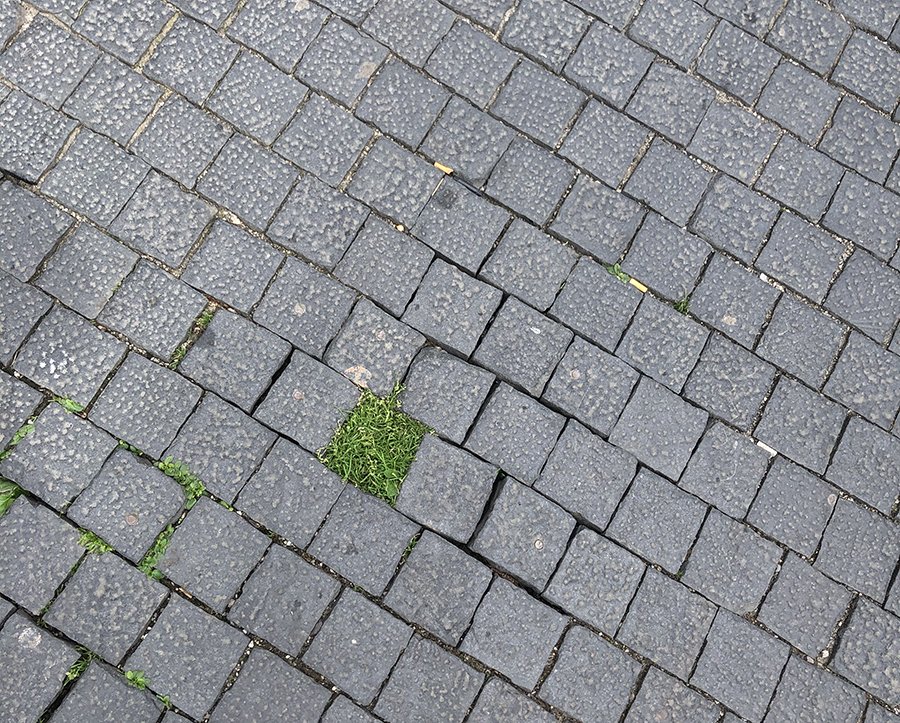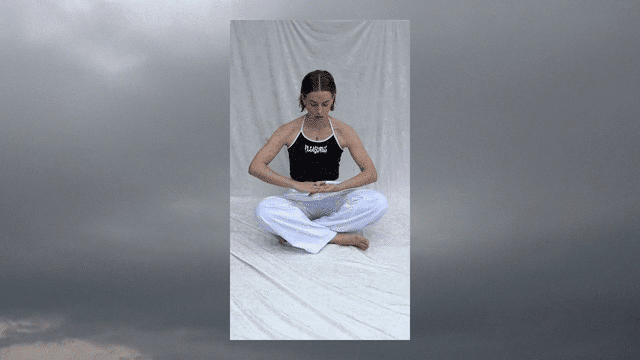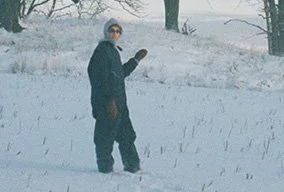Interview with Myself as a Creative
02 Feb 2022
self portrait / Drøbak November 2021
Kristin goes by the title ‘a creative’, but personally prefers the self-invented Soft Core Creative. She has a non-strategic attitude towards her goals, draws parallels between chronic pain and online culture, and sees the stick as her main source of inspiration.
”It’s hard to find my own pace in this hyper online climate”
Hi! Been a while since we sat down and talked (referring to Apartment Interview with Myself from 2021). You’ve been busy lately, haven’t you?
– Oh, I haven’t really. Been busy not being busy :) I was out for a walk yesterday when I realized I’d forgot to answer your email.
That’s cool. Maybe I’ve just been brainwashed by technology to always feel slightly impatient.
– I feel you. It’s hard to find my own pace in this hyper online climate.
Dictionary
Soft Core Creative: wanting to build creative work on self-connection
Being offline: doing self-connecting activities.
Being online: doing internet-connected activities
Online culture: the paradox of ‘engaging’ without leaving your screen.
Hyper online climate: online’s emerging omnipresence through i.e. internet, social media, vr, ai, ntf, nrk, cia
Techistential crisis: fear caused by online infiltrating offline
Mathea Mari - #online: winner of Norwegian Junior Eurovision Song Contest 2014 questions why she needs food and water, as long as she has 4g. 2014 was also the year Conchita Wurst won with ‘Rise like a Phoenix’. A progressive year for Eurovision indeed.
”Not like ‘the robots are coming’, and not like Black Mirror. More like: oh no, existence is expanding…!”
Speaking of hyper online climate: You’ve been very interested in the online-offline discussion the past year, why so? To mention a few key words; your VIP eXcLuSivE mailing list, your on-and-off relationship to instagram, and your seemingly sudden change of career.
– The VIP eXcLuSivE mailing list is so much fun, makes room for personal long-reads and deep investigations. Instagram is like an annoying little sister, constantly triggering all my dark sides, but then suddenly all cute and fun. I’ll come back to my sudden change of career. But yes, me and online has become the most conflicting relationship in life. So the opposite, being offline, is extremely important to me. Or else I don’t feel like myself, and I step into one of those techistential crisis again.
Techsistential crisis? Sounds like a fancy way of saying: I’m scared of the future.
– Yes. Human vs Technology is kind of scary. ! Not like ‘the robots are coming’, and not like Black Mirror. More like: oh no, existence is expanding…! Technology is merging with existence, and it’s quite turbulent for someone like me. Even though I believe in an integrated future, I find it crucial to root myself regularly.
”I like being a boring present human being”
So what do you do to root yourself?
– Lots of mundane stuff. I like being a boring present human being. Talking about feelings, over and over again. Sleeping. Watching the view while thinking about things. This state of mind can be turbulent too. Remembering who I am without the distractions is not all pleasant. I also cry a lot.
(–And then you started to cry? – Yes.) Norwegian artist and producer Matoma getting emotional while talking about him getting emotional after running outside to catch his girlfriend with the water bottle she forgot before taking her bike to school.
“I’ve experienced 9% more peace of mind after only a month without instagram. Other more general offline benefits have been noted: *better longitudinal vision *more realistic sense of self”
So you’re saying; rather the boring real life pain, than the pain imposed by technology invading our private lives?
– I guess so. A little bit of both perhaps. I’m not by any means disconnecting myself. I recently got back on instagram, because I missed the spontaneity. But I still feel very ambivalent to the whole game. I can just get rid of it again if I need to. The option is real: Just quit. Worst case is dealing with feelings of being irrelevant, which we all are in one way or another. The reward could become exponential if you stick to your quit-regime. I’ve experienced 9% more peace of mind after only a month without instagram. Other more general offline benefits have been noted: *better longitudinal vision *a more realistic sense of self. It’s just hard to know when you become a fascist to yourself, and when you’re actually performing extreme self-care by limiting outer stimuli.
It’s a fine line between fascists and extreme self-care for sure. How are you going to stay the latter?
– My goal is to easily move back and forth from online and offline, without it having to feel like a huge leap each time. I want to share work and reach people online, but I need it to feel offline.
remember: we are all irrelevant in one way or another.
”Right now I’m a Soft Core Creative: wanting to build my creative work on self-connection”
Speaking of feelings: I heard you prefer the title Soft Core Creative, is this a new job related title for highly sensitive people?
– In the struggle to find a good Norwegian term for what I do, I use new cool words and definitions in English. Right now I’m a Soft Core Creative: wanting to build my creative work on self-connection. These self-connecting values are closely linked to being offline at the moment, but maybe in the future we don't have to separate offline and online like we do now. But right now we have to, and I think you’re being naive if you don’t. Sensitivity and soft core are closely linked of course, but the word ‘core’ have a closer relationship to rooting and direction.
You’ve worked as a creative freelancer since 2012, is that right? How did your soft core fit into that reality?
– My softness definitely got exploited, something I think every honest working creative has felt at some level. After I finished my bachelor degree at Oslo National Academy of the Arts, I’ve worked with a lot of different clients like RedBull, Blå, Kunstnerforbundet. Also making video, content and artwork for artists like Murmur, Frida Ånnevik, Sassy009, Carl Louis. I even wrote content for Canadian design agency Kastor & Pollux, and I loved these experiences, but I also felt very much like an alienated try-hard. I just finished Jess Henderson’s book ‘Offline Matters’ (which is a huge inspiration for this interview), and she mentions the online culture has become so defining for creativity, that its values completely has overtaken the human ones, leaving creativity as a simple tool for advertising. That was exactly how I felt. So now I study for a new bachelor degree in landscape engineering at Norwegian University of Life Science. You could say I’ve come back to the stick as my main inspiration.
The Stick: I’ve wondered why we say internet is full of inspiration, when all I see is remixed trends and adds and memes (which is a remix too)? When I was out cross-country skiing a couple of weeks ago, I suddenly saw it: A stick! Man. I’ve completely forgot about the stick. A stick is the ultimate good idea: close, ignorant to coolness, and almost too simple in concept and shape.
(above) landscape engineering inspiration 1: picture of the overgrown Chernobyl.
(below) landscape engineering inspiration 2: pictures from my phone.
”I don’t want to have a strategy for my creative work, like I don’t have a strategy when I walk into a forest”
So how do you imagine your future as a Soft Core Creative? Do you think you’ll turn too soft for the creative business, or become an engineer?
– I’m still figuring things out. I don’t want to have a strategy for my creative work, like I don’t have a strategy when I walk into a forest. I do it by pleasure and curiosity. Sometimes I even do it out of boredom. And I’d love to become an engineer. My dad was an engineer.
That’s nice, but I wonder how you avoid becoming a victim for other people’s (or the internet’s) strategy, when you don’t have your own?
– I think I need more trust.
poem carved into wooden pallet with pocket knife at Long Island Artist Residency 2017.
”The solution is never the same, even though the pain is the same”
So trust is your strategy?
– Yes! I’ve also found similarities between dealing with chronic pain and online culture. The other day I felt pain in my body, the reoccurring pain in my body that I’ve been feeling for years. So I just stood still in my living room, trying to find a break from it. And it worked. So I did it again the next day. But then it didn’t work. The solution is never the same, even though the pain is the same. Those constant changes of perspectives somehow fuels creativity, so my attitude towards the pain becomes more explorative and driven by curiosity for new things, than the goal to strategically eliminate the pain. I think that’s an excellent non-strategic way of navigating the online culture as a Soft Core Creative.
The Non-Strategic Soft Core Creative Revolution, got it. Well, I’ll have to catch the bus now. Thank you so much or your thoughts and embroideries, it’s been a real mind twister and a heart-opener!
– Good. It’s the 505 bus, it stops right there by the road. Thank you, and please feel free to come by any time!
Let’s wait for the planets to aligning again. It’s important to not squeeze too much juice and let most things be unanswered, right?
– You’re right. See you soon :)
gif from the video exercises.
Read more:
